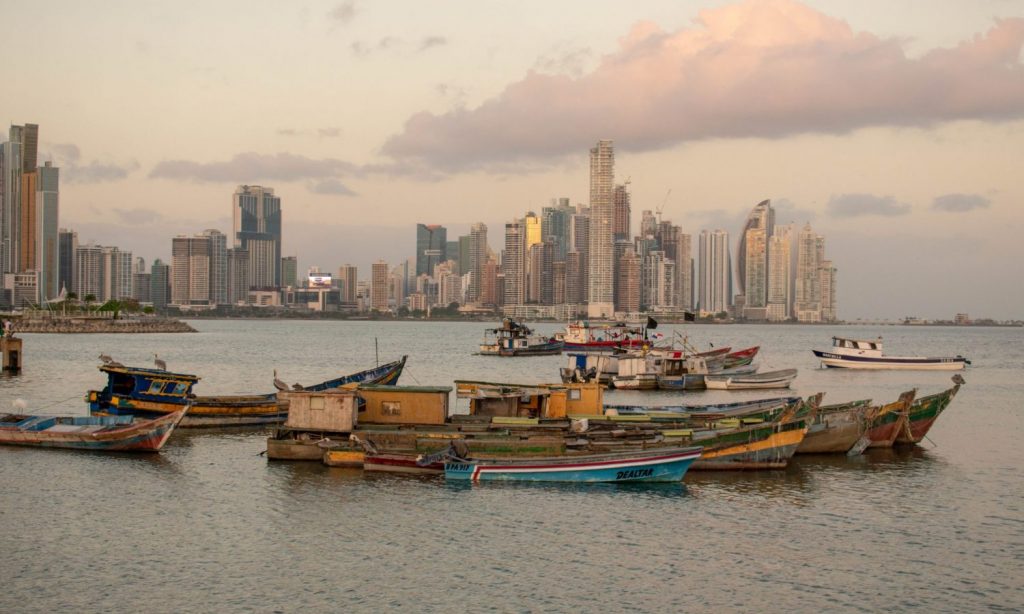Two people were killed on Monday in a fire at an alleged illegal marijuana grow operation in Los Angeles, officials say.
The Los Angeles Fire Department received reports of the warehouse fire from a paramedic crew that passed by it at around 12:18 p.m. Within moments of the report being received, the fire had already seared through the roof of the building, the fire department said in a news release.
The firefighters who arrived at the scene saw with three severely burned people running out of the building while calling out a fourth person’s name, Los Angeles Fire Department Capt. Erik Scott told KTLA.
The three burn victims were hospitalized, and one of them, who suffered injuries to 90% of his body, died at the hospital, KTLA reported. The other two are still hospitalized, one in serious condition and the other in critical condition. Fire crews discovered a person’s body inside the building during a search of the premises on Tuesday morning, The Los Angeles Times reported.
The fire spread rapidly throughout the building and triggered multiple explosions. It took 150 firefighters slightly over an hour to extinguish the blaze, and fire crews continued to extinguish hotspots throughout the night, according to the fire department’s release.
Investigators suspect the building may have been home to an illegal marijuana grow operation based on testing of materials from inside the building, which revealed positive results for hemp, the release said.




